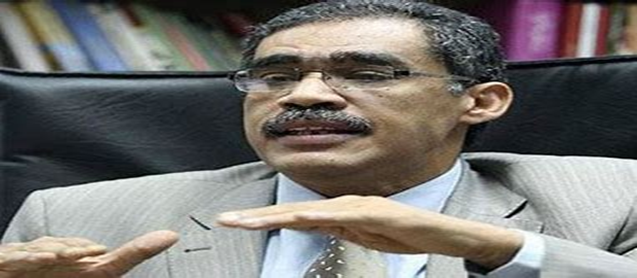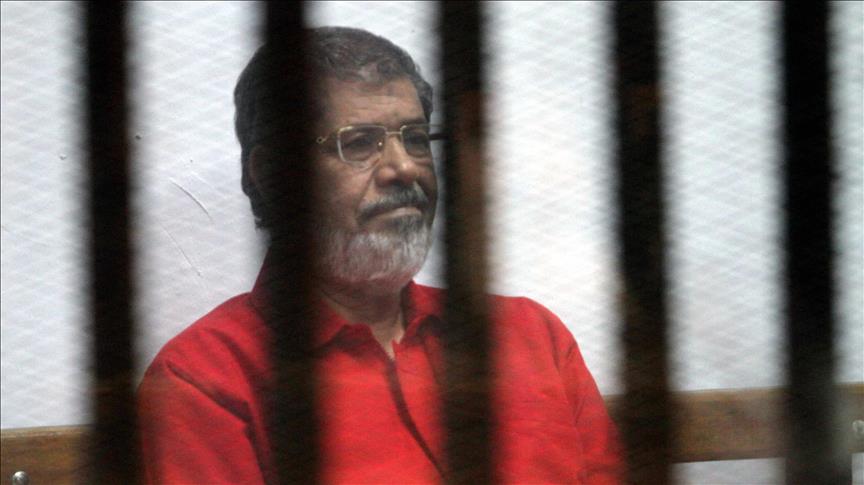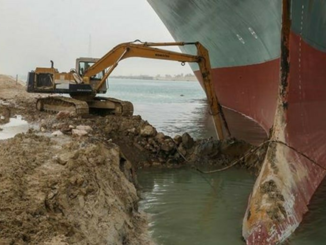
The Egyptian national dialogue sessions will begin in the “next few days,” according to Al Ahram newspaper, citing the dialogue’s coordinator, Diaa Rashwan.
Egypt’s National Dialogue coordinator Diaa Rashwan announced on Thursday that the dialogue is set to start in the ‘next few days’ after the completion of the preparation work and the defining of the topics set to be discussed by its subcommittees.
The National Dialogue’s Board of Trustees announced in a statement on Thursday completion of the formulation and crystallization of the three main axes and sub-committees as well as the topics included in each of them, to be discussed during the national dialogue sessions, scheduled to start within the next few days, reported Al Ghad news website.
According to the statement by the Dialogue’s board of trustees, the sessions will be held in parallel at least three days weekly and will discuss topics previously agreed upon by the board. However, they will only produce recommendations that will be submitted to Sisi.
Sisi first announced the dialogue as part of the establishment of a “new republic” in April. Despite promises of the dialogue beginning in earnest as far back as July, it has yet to move past the planning stages. Rashwan says that the sessions are now set to begin, though he has not provided a specific date.
Over the past few months, the Board of Trustees has divided the dialogue into three committees (political, social, and economic) and 19 subcommittees. Those subcommittees will discuss a total of one hundred topics, with the subcommittee on human rights and public liberties set to address topics such as conditions in prisons and detention centers, freedom of expression, and reforms to pretrial detention.
The Egyptian Front for Human Rights (EFHR) issued a set of recommendations to that subcommittee in order to “ensure that the participants in the dialogue do not end up as mere tools to beautify the image of the regime and export a false image about a political breakthrough led by those in charge of the country.”
The highest priority of the subcommittee’s work, the organization says, “should be to get out of the dialogue with legislative guarantees and reforms to the legal framework regulating the political process as well as to the justice system.”
The specific EFHR recommendations include reviewing the issue of death sentences resulting from flawed trials, enacting specific laws to combat enforced disappearance and torture inside detention centers, and establishing oversight of the National Security Agency to end its widespread abuses.
In its new annual report, Human Rights Watch noted that over 2022, Egypt’s government “carried out a concerted whitewashing effort to improve the country’s image without enacting critical reforms, including [by] issuing a presidentially sponsored national dialogue.”
Accordibg to its statement, the board of trustees has completed the process of selection of rapporteurs and assistant rapporteurs for the dialogue’s three main tracks (political, economic, social) – and their 19 subcommittees – over the past three months.
The board announced that the sessions and their discussions will be attended by hundreds of representatives from different political powers, parties, syndicates and unions. They will also be attended by representatives of the civil society, by public figures and experts.
Rashwan, who is also the head of the Press Syndicate, said that the board of trustees of the Dialogue has agreed to discuss 100 topics and that the number of attendees per session will be 30.
According to Rashwan, the 100 topics have been chosen so as to cover the three main tracks: Politics, Economy and Society. Discussions in the 19 subcommittees are expected to broach topics such as the current economic situation, public debt, pensions, as well as the Egyptian Sovereign fund.
The board also announced that it will discuss issues related to politics, including parliamentary elections and freedom of expression.
“The members of the National Dialogue’s board of trustees are confident about the seriousness of the Dialogue,” said Rashwan. He affirmed that there existed no predetermined scenario for what was going to happen in the sessions or the discussions.



